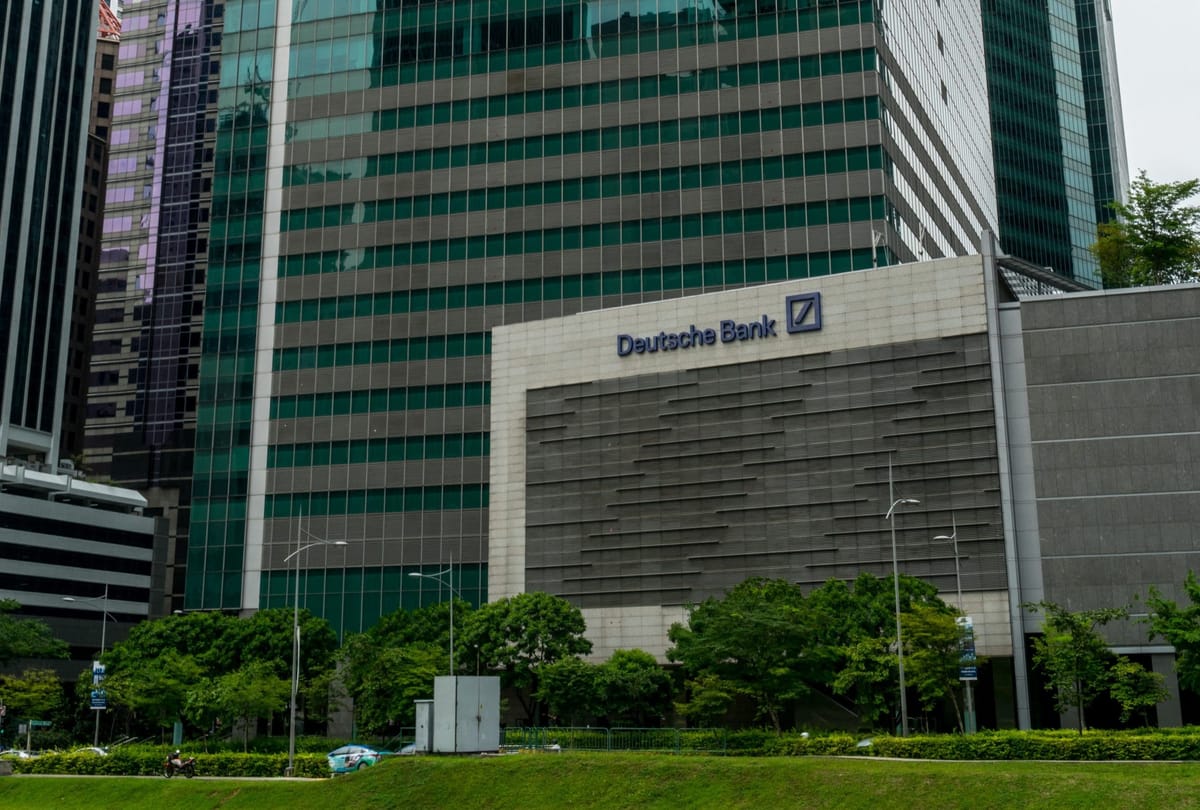
The Asian business unit of German banking giant, Deutsche Bank Singapore, has this month announced the successful completion of its Digital Assets Management Access (DAMA) proof of concept. The project, undertaken in collaboration with Memento Blockchain, addressed the challenges associated with both launching a digital asset fund and the accessing of it by qualified investors.
The resulting platform allows digital asset managers to directly onboard their existing transfer agents, fund administrators and custodians in a plug-in-and-play solution, which improves efficiency, security and provides increased flexibility when launching and administering digital funds.
But Project DAMA was not purely about making life easier for fund managers. Its open architecture also makes it a valuable tool for digital asset investors, facilitating access to multiple funds from different asset managers, and catering to various custody models, including self-custody.
Key to this was the development of so-called Soulbound Token (SBT), a unique and non-transferable token representing the digital identity of its owner. This enables investors to access to different DeFi opportunities, without being required to provide personal information each time. It can also limit or restrict access to certain services based on risk level, tolerances and user preference.
For a fund manager, the SBT validates a user’s identity without having to repeat KYC processes, and ensures compliance, so that only suitably qualified investors are able to access the relevant funds. Transfer agents such as banks will perform initial KYC checks and maintain the SBT, while all associated documentation is held off-chain for privacy.
The platform also implemented a third-party on ramp to convert fiat funds into digital currencies, along with custom smart contracts to enable easier valuation and accounting for specific fund profiles.
Project DAMA received a Monetary Authority of Singapore (MAS) Financial Sector Technology and Innovation (FSTI) grant in August of last year, which provide support for the development of blockchain and other solutions in the financial services industry.
Anand Rengarajan, Deutsche Bank Global Head of Sales & Head of Asia Pacific Securities Services, explained the motivating factors behind the project:
“The extension of traditional fund services with digital capabilities can significantly lower cost-related barriers to entry for asset managers looking to launch a digital fund – and for qualified investors seeking exposure to such funds."
While Deutsche Bank defined the functional requirements, Memento Blockchain provided technical expertise, and both parties jointly inputted into the final platform’s design.
According to some reports, Domani, Memento's solution for tokenized funds, formed the basis for Deutsche Bank's POC.
The partnership was the perfect mix according to Memento CEO, Nicola Lanteri, who added:
“The result is an innovative and practical infrastructure that combines core components of transfer agency, fund administration, custody and payments for the digital fund environment, while also allowing for an open architecture that enables self-custody of assets.”
It is great to see big players such as Deutsche Bank engaging in such major projects involving blockchain technology, and with its open architecture, this could genuinely simplify digital asset funds for both managers and investors alike.
So will this successful POC translate into the development of a commercial platform, and how long is that likely to take? We shall continue to observe with interest.

